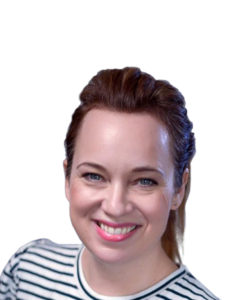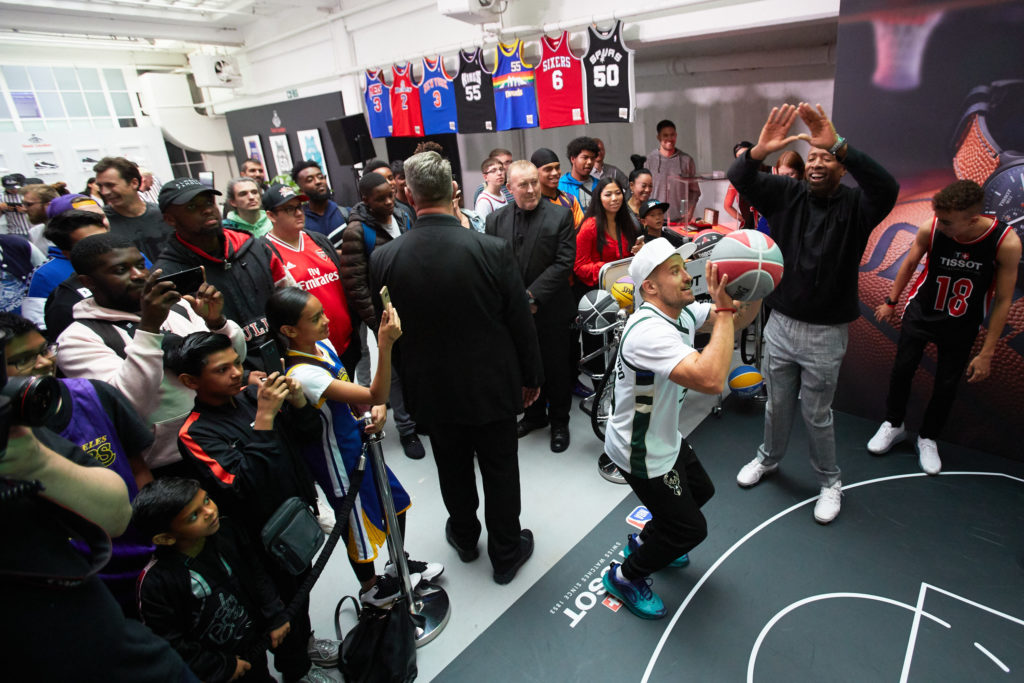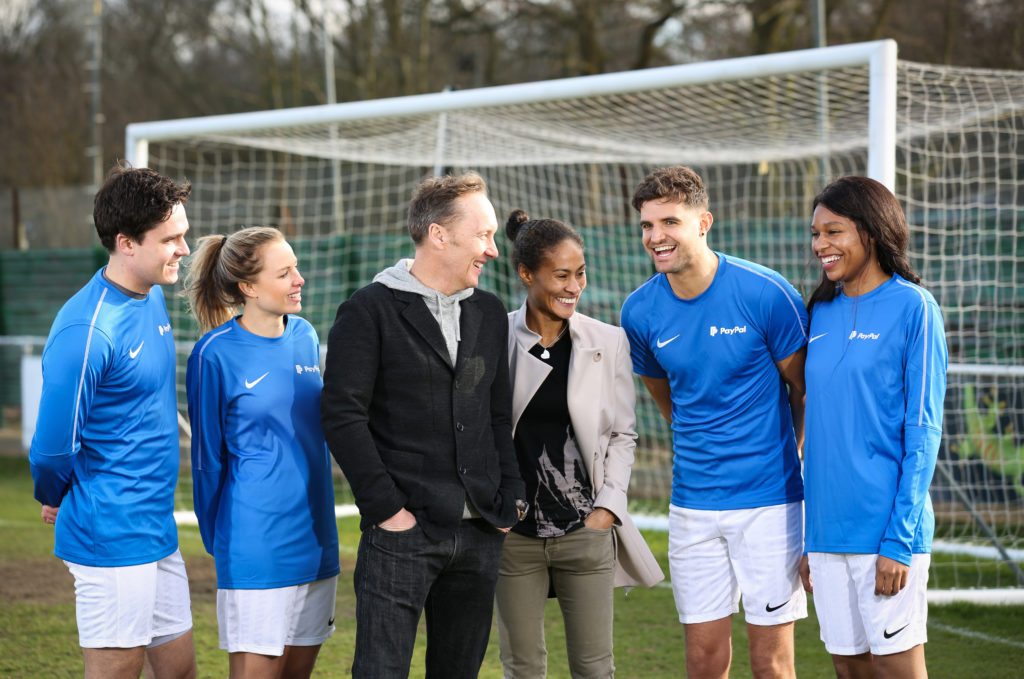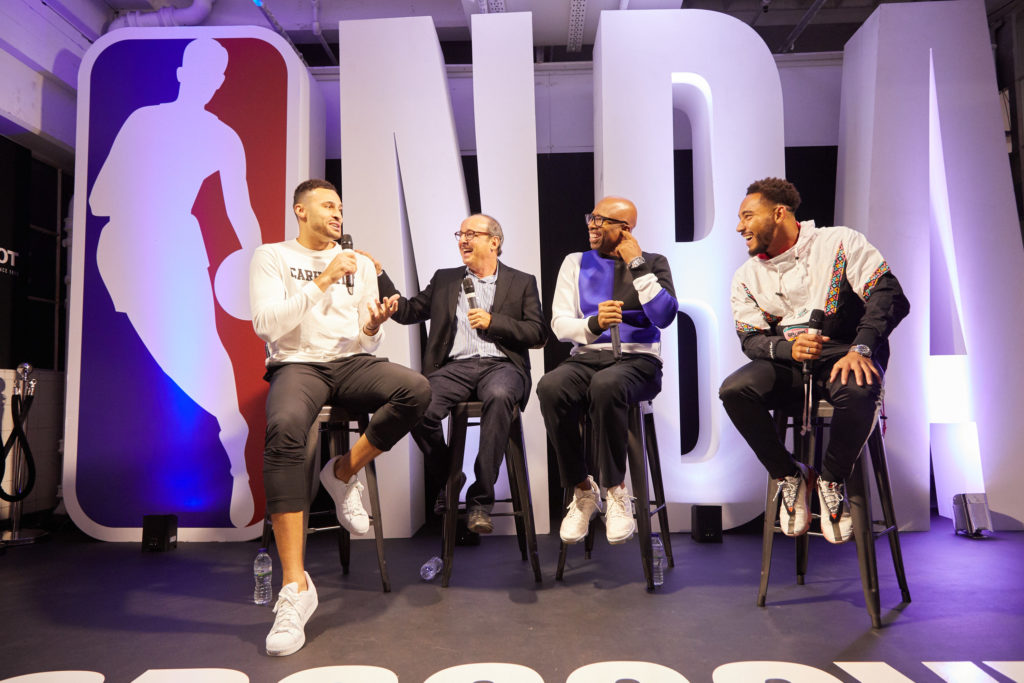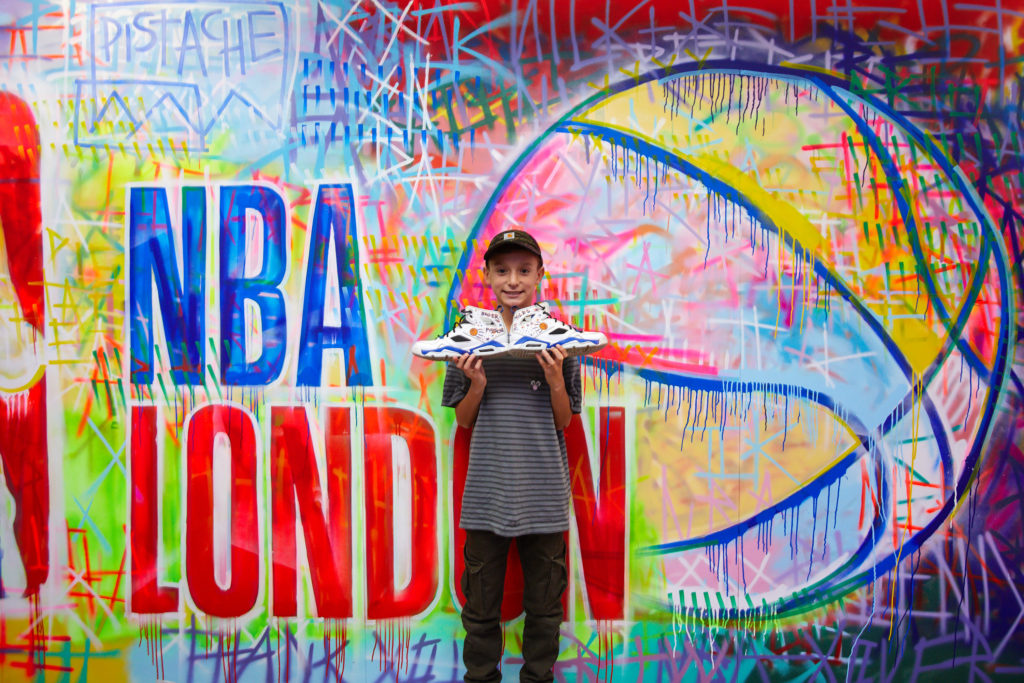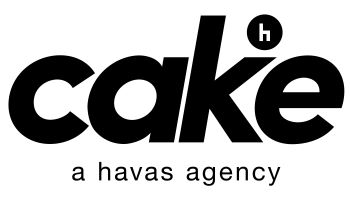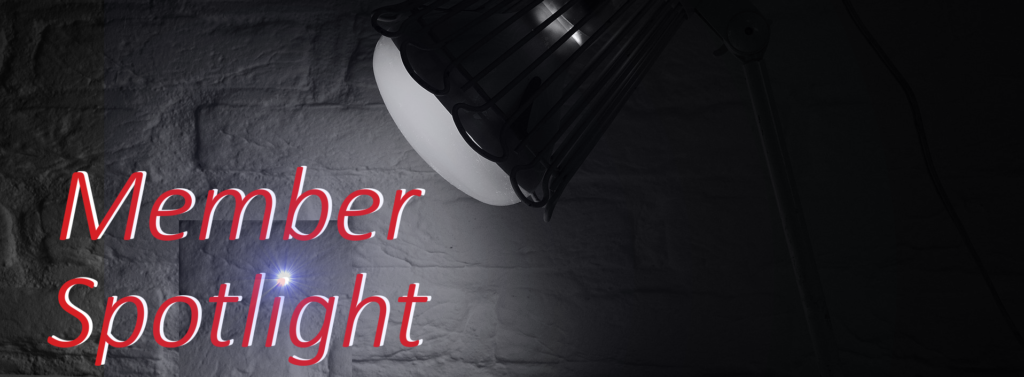
What’s your name and position within the organisation?
Rosie Holden – Managing Director of Cake (Havas)
Can you tell us a little bit about Cake?
Cake is the sport and entertainment hub of Havas and our main role is to help brands connect meaningfully to their consumers through popular culture in the sport and entertainment space. We aim to deliver this through sponsorship & partnership strategy & activation, experiential, earned social, digital & media content and influencer marketing.
I have a team of partnership activation and communications specialists that work together in order to deliver bold thinking and brilliant creativity – all underpinned by our brilliant data and insights team, spearheaded by Emma Lax. This, along with our 20 years’ worth of experience, allows us to work with both brands and right holders, such as BT, EE, PayPal, Gallagher, Diageo, NBA, Chelsea FC and Commonwealth Games England, to create meaningful sponsorships and partnerships.
Having joined in January of this year, my main focus has been around two key areas – pitching and winning, and clarifying the Cake proposition – which obviously go hand in hand!
Are sport and entertainment sponsorships and partnerships an important part of the marketing mix for brands?
Yes, absolutely. They provide the opportunity for brands to bring to life their product and values – for consumers to experience those physically and/ or digitally through effective activation. As a channel, this is the part of the mix where brands can really prove their functional, personal and collective benefits to a consumer.
Of course, like every other Sponsorship & Partnership agency, we would say this! So to really give our point of view substance, we recently commissioned our own Meaningful Brand Partnerships Study, where we surveyed a cross section of the UK. This tells us not only that consumers expect brands to have a meaningful role to play in culture, it also tells us where and how people would like brands to make a difference.
In answer to your question, the survey told us that sport is where brands are most likely to be perceived to have an important role to play – 70% of consumers believe brands should play a meaningful role in sport, according to Cake’s ‘Meaningful Brand Partnerships’ research 2019. Interestingly, a huge 91% of millennials said they have learned about a brand for the first time through a sport or entertainment partnership – and over half of all consumers think that brands that partner with their passions stand apart from other brands. So we can now prove that sponsorships and partnerships have a clear role to play in helping brands to stand out and can use this to deliver effectively for our clients.
What three pieces of advice would you share with a brand looking to implement a new sponsorship or partnership strategy?
- Start by understanding which cultural territories are most relevant to your consumers. At Cake, we created a proprietary Cultural Territory Scorecard framework that enables us to identify which cultural territory – sport, gaming, music, fashion etc. – will be most relevant and effective for a brand to look at activating within.
- Don’t treat it as a badging exercise. Sport, in particular, is an incredibly cluttered landscape, so in order to get cut through, you need to carve out a more meaningful role for your brand.
- Create a shared ambition for the partnership based on a coming together of the DNA of the two partners. This will help you to build a meaningful narrative and role to underpin all partnership activation.
What are the key trends in the sponsorship and partnership industry?
The biggest shift we’ve seen is that sponsorship is no longer a badging exercise. Brands are expected to play a much more meaningful role in culture through their sponsorships and partnerships.
Earlier this year, our client PayPal joined forces with The Football Association (The FA) to enable over a million grassroots players to pay their match fees with their phones. Until now, the grassroots game has largely relied on money changing hands in person, with 80% of clubs taking cash and 38% using old fashioned cheques to collect payment. The sport’s reliance on cash and cheques means many clubs suffer from late or missing payments. By digitising payments through The FA Matchday App, The FA and PayPal will simplify the collection and tracking of money for people who manage grassroots football teams. Essentially, we’ve worked with PayPal and The FA to help the grassroots football communities thrive in this digital age.
Rights holders and brands are tapping into the opportunity of cultural crossover to enable them to engage a wider audience.
The NBA uses the rich cultural crossover with music, fashion, art and gaming to engage new 16-25-year-old audiences. We’ve worked with The NBA for two years now to bring this to life through their NBA Crossover exhibition. The Crossover was designed to demonstrate the convergence of the NBA and popular culture. It takes a unique perspective of the NBA and immerses fans into the league through interactive exhibits, escorting the visitor through a cultural journey focusing on how music, style, art and entertainment have shaped and influenced the NBA, its teams and players.
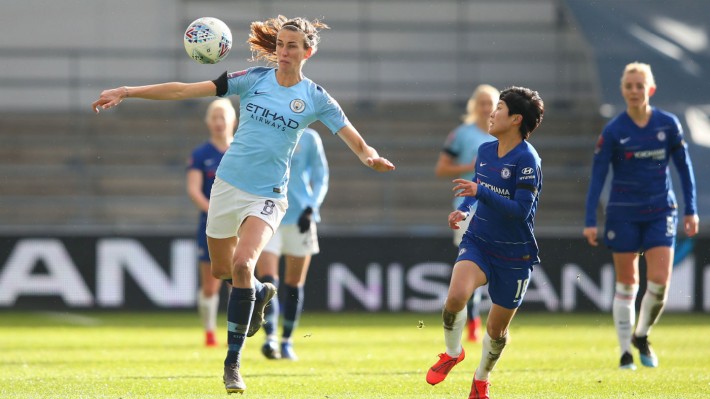
Not so much a trend anymore, but we can’t ignore the fact that women’s sport continues to be in a period of unprecedented growth.
The FA alone, has secured nine new women’s deal in the last 12 months, including a multi-million-pound deal with Barclays for the WSL – showing that women’s football really is an exciting space that brands should be investing in, and, sooner rather than later if they want to help solve business challenges that the men’s game, being such a saturated market, hasn’t so far been able to.
Gaming is going mainstream.
The rise of eSports is not new news within the industry, with viewership of 380 million people worldwide in 2018, it is clear that the gaming industry provides opportunity to talk to hugely engaged audiences. However, this tight-knit eSports audience is very aware of brands entering its space. So unless they are providing an authentic partnership, or helping the community, this audience can become closed off very quickly and therefore very hard to reach.
But, there is a solution. Findings from our Cultural Barometer showed that gaming has overtaken sport as a top passion point for 18-34-year olds. This shift in interests from a key audience opens up the door to a new area of the gaming industry – casual gamers. This is a group who don’t see themselves as gamers, they just enjoy playing games for multiple reasons, varying from escapism to social connection. With 84% of this audience being open to brand sponsorship, engaging them during their moment of gaming could provide entry into an untapped area of this valuable industry.
If you’d like to learn more about our findings in the Meaningful Brand Partnerships or Cultural Barometer please reach out – we’d love to chat.
Contact
